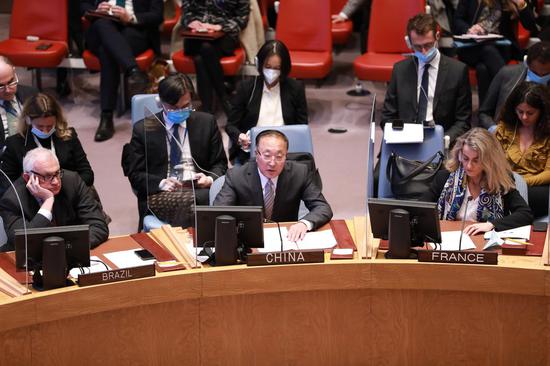
China's permanent representative to the United Nations Zhang Jun (C, front) speaks during a Security Council's briefing on Ukraine at the UN headquarters in New York, April 5, 2022. (Xinhua/Xie E)
A Chinese envoy on Monday called for the practice of true multilateralism in the global fight against the COVID-19 pandemic and in post-pandemic recovery.
During the pandemic in the past two years, over 6 million people have lost their lives. The lesson is profound and deserves serious reflection, said Zhang Jun, China's permanent representative to the United Nations.
"Nothing is more valuable in this world than human lives. A people-centered approach is the most important tenet that guides all our decisions," he told a Security Council meeting on COVID-19 and vaccines.
"At the global level, cooperation in solidarity is the most powerful weapon to defeat the pandemic, and is as effective in tackling other global challenges. Under these unprecedented circumstances, we must work together to build back better with a conviction stronger than ever that we are in a global community with a shared future," he said.
The world is still confronted with multiple challenges. A scant few countries are still holding on to their Cold War mentality, drawing lines of distinction based on ideology, provoking renewed bloc confrontation, imposing unilateral sanctions without scruple, weaponizing economic interdependence, and forcing countries to choose sides, he noted.
"This is plunging the international community into division and pushing the world into the quicksand of grave risks and uncertainties. These irresponsible actions are harmful to others as they are to those countries themselves, and must be categorically rejected," Zhang said.
The need for true multilateralism is even greater in today's world. In the post-pandemic period, all countries should strengthen their solidarity under the banner of the United Nations, respect one another, trust others and be trustworthy, show goodwill, cooperate for mutual benefit, and work together for a better future, he said.
The world is now in the third year of the COVID-19 pandemic. Humanity is beginning to see the light at the end of the tunnel. But the pandemic is not over yet, and the world must not lower its guard, he said.
Countries must work hard and work together to build immunological barriers. Globally, the target of 70 percent vaccination coverage is far from being achieved. It is imperative to scale up vaccine assistance and supply to leave no country behind and no one forgotten, said Zhang.
The public health systems in developing countries must be strengthened, he said.
The root cause of the bottlenecks in the last mile of vaccine access in developing countries is the long-standing problem of inadequate public health systems. In order to better prevent and respond to the next pandemic when it arrives, the international community should look far ahead, and help developing countries vigorously strengthen their public health systems. The Security Council should work with other bodies and take a pragmatic approach and tangible measures to bring hope to the countries in conflict, he said.
There is also a need to inject fresh momentum into post-pandemic recovery and socio-economic development. The pandemic is responsible for a slowdown or even recession in many economies, and the implementation of the 2030 Agenda faces even more daunting challenges. The global political and security upheaval of late, the soaring prices of energy, food and other commodities, and a new upsurge in trade protectionism have added to the woes of many developing countries that were already struggling to cope, said Zhang.
"The more challenging external environment highlights the importance and the urgency of development for developing countries. This is something that the international community must take very seriously. And the United Nations should act swiftly and take solid and effective measures to both address the current crisis and explore long-term solutions so that the world can see new hope on the horizon," he said.











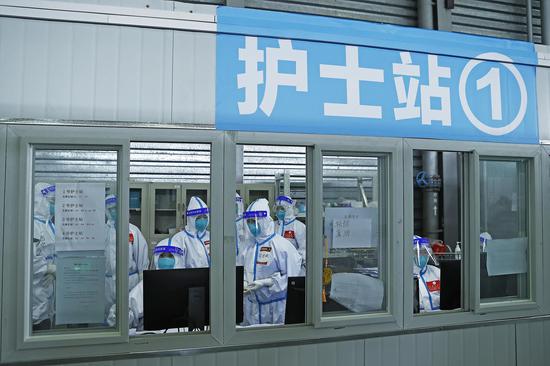

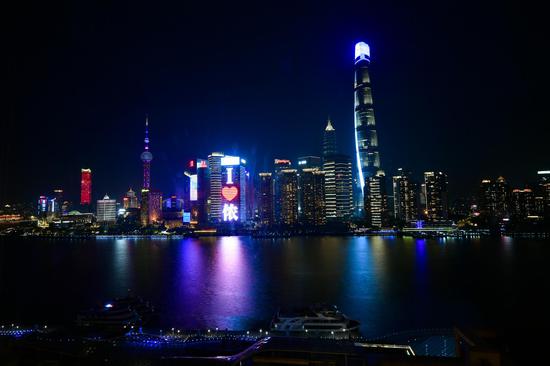
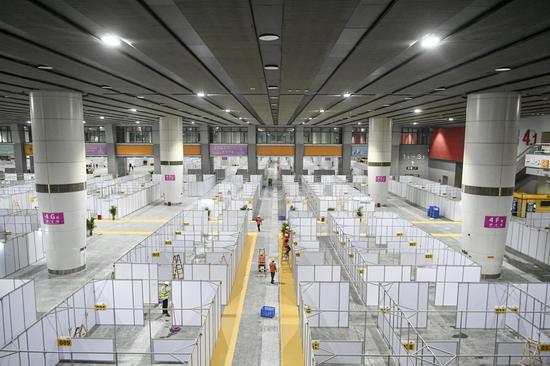
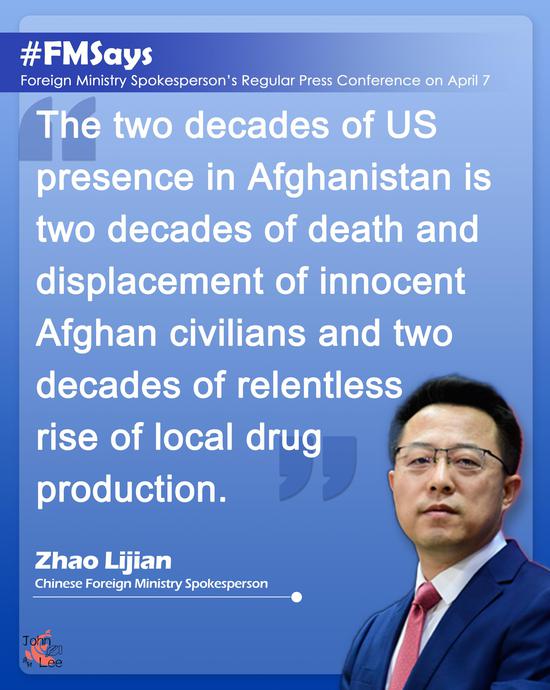
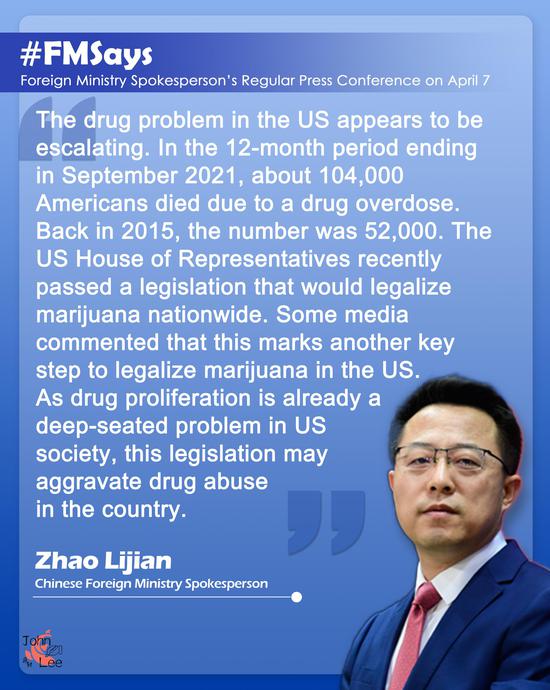




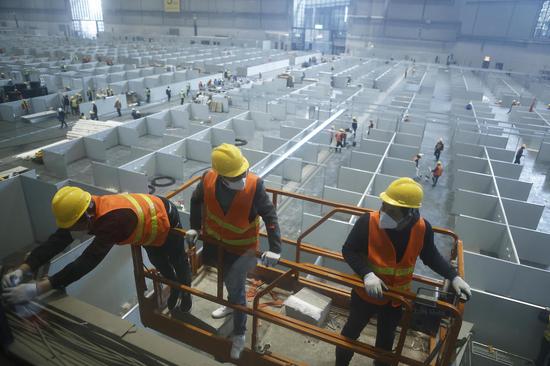
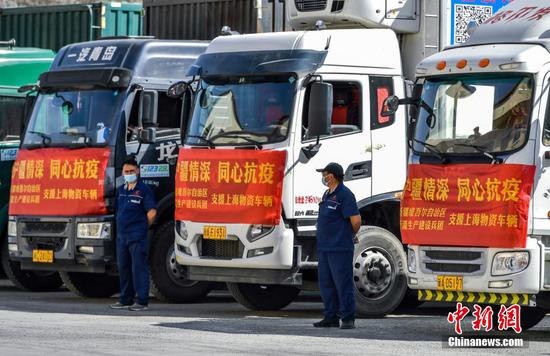

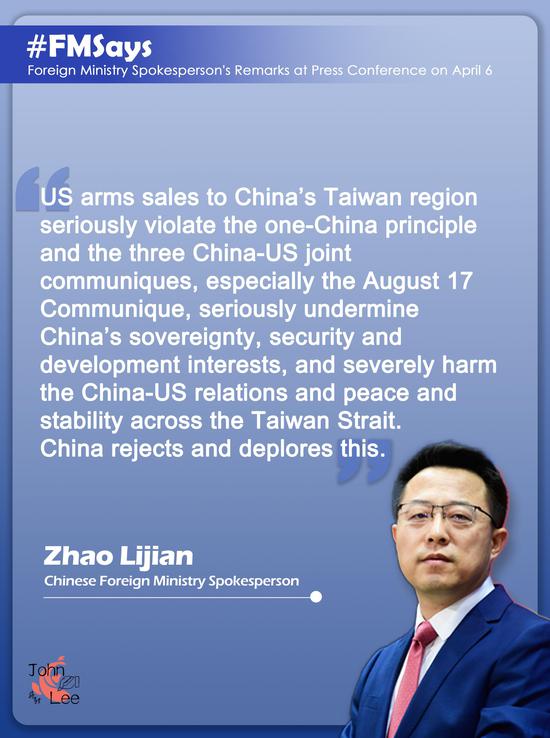
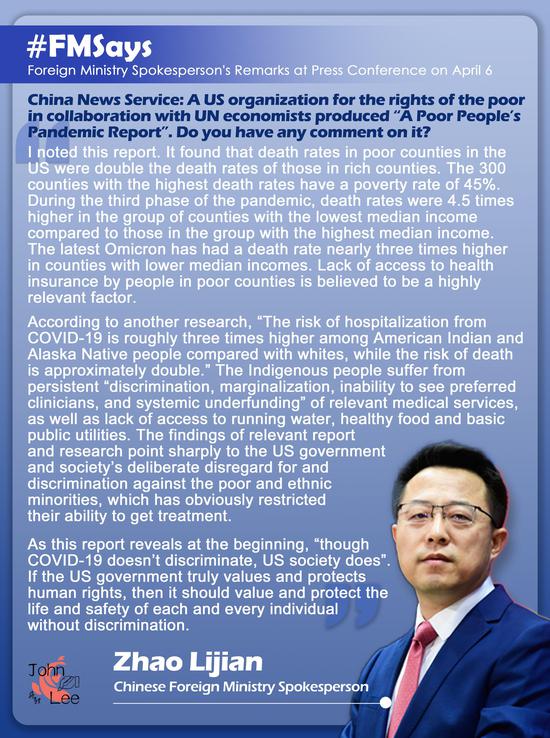




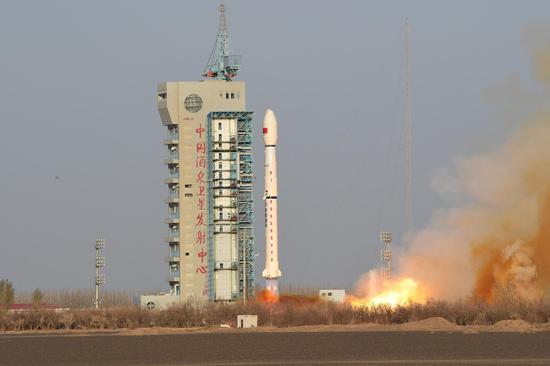

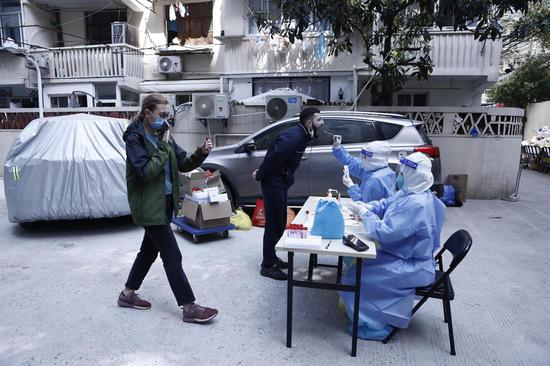


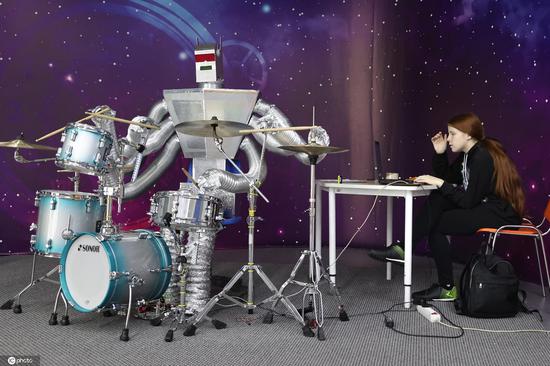
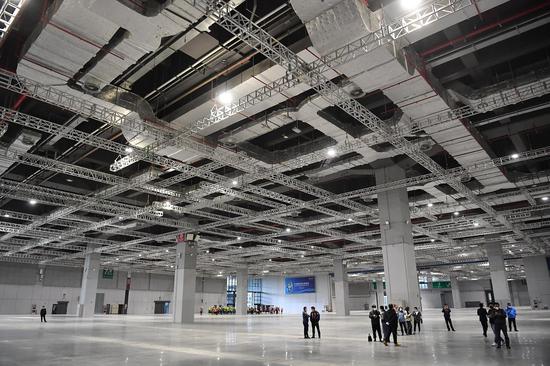


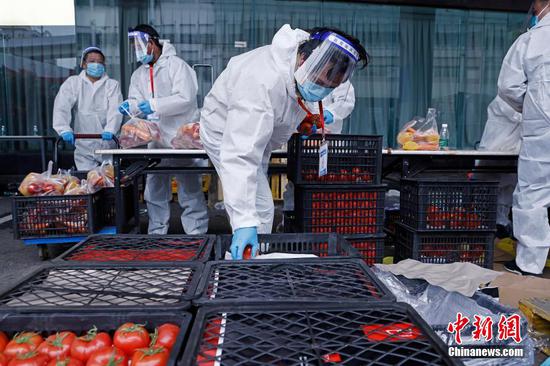
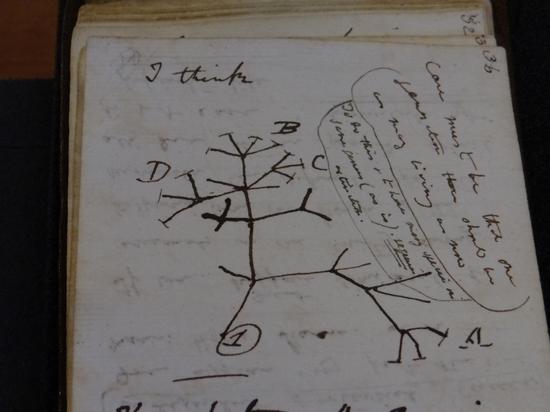



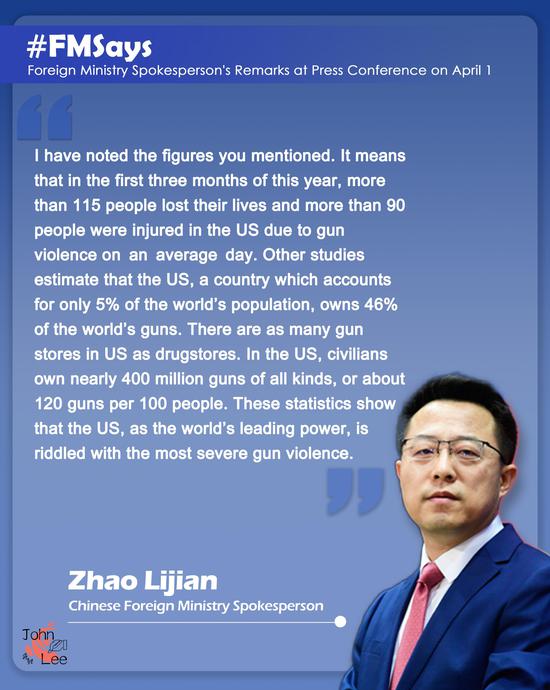





 京公网安备 11010202009201号
京公网安备 11010202009201号